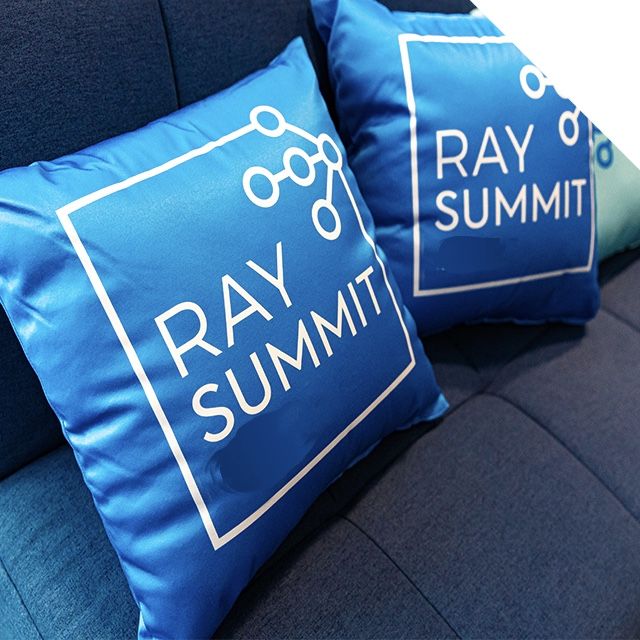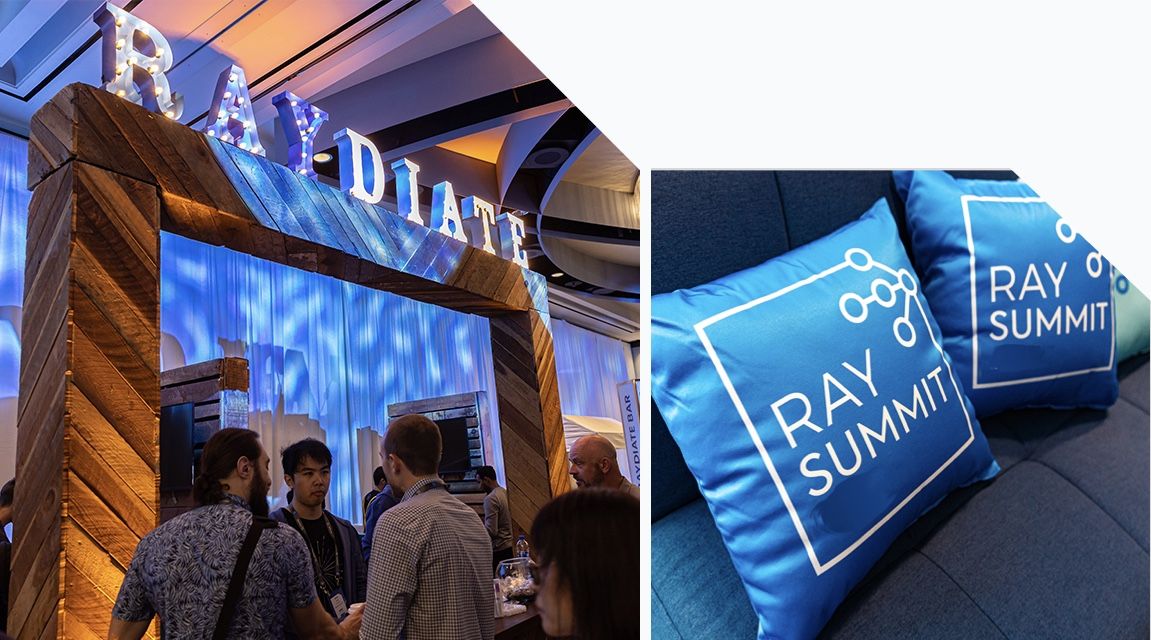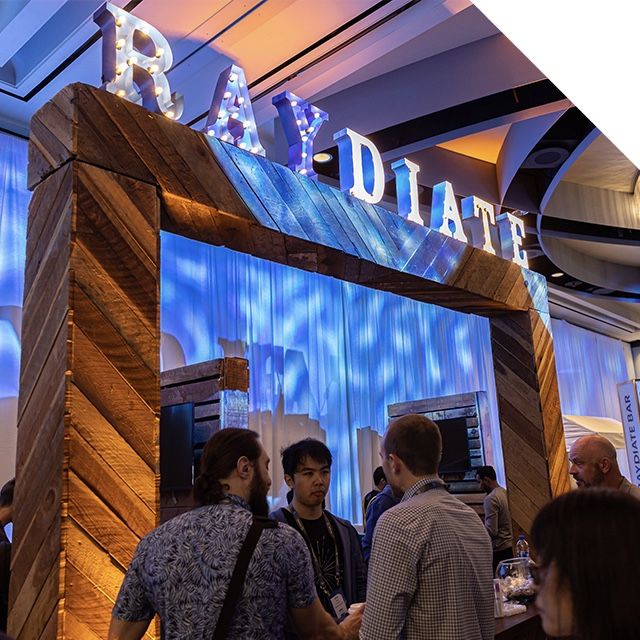Ray Deep Dives
Lessons From Fine-Tuning Llama-2
September 19, 1:00 PM - 1:30 PMIn recent developments, large open language models have achieved remarkable advancements, unlocking new possibilities for commercially-scalable enterprise applications. Among these models, Meta's Llama-2 series has set a new benchmark for open-source capabilities. While comprehensive language models like GPT-4 and Claude-2 offer versatile utility, they often exceed the needs of specialized applications. This presentation will explore our insights gained from fine-tuning open-source models for task-specific applications, demonstrating how tailored solutions can outperform even GPT-4 in specialized scenarios. We'll also discuss how leveraging Anyscale + Ray's suite of libraries has enabled efficient fine-tuning processes, particularly in an era where GPU availability presents a critical bottleneck for many organizations.
Takeaways:
• Where to apply fine-tuning and when would it shine?
• How to set up an LLM fine-tuning problem?
• How does Ray and its libraries help with building a fine-tuning infrastructure?
• What does it take to do parameter efficient fine-tuning?
• How does Anyscale platform help with LLM-based fine tuning?
About Kourosh
Kourosh Hakhamaneshi is a software engineer on the team behind RLlib and Generative AI training at Anyscale. He got his PhD from University of California Berkeley in 2022 where he worked on Deep Learning, especially Unsupervised learning, and their applications in robotics and automated design.
About Artur
Artur Niederfahrenhorst is a software engineer and expert in reinforcement learning (RL) and LLM fine-tuning at Anyscale and a member of the company’s RL and LLM fine-tuning teams. In 2020, he majored in computer science from the RWTH Aachen University in Germany, before joining a startup- and research project in applied human motion analysis for the next 2 years. He has been a part of Anyscale since early 2022.

Kourosh Hakhamaneshi
Team Lead, Anyscale
Artur Niederfahrenhorst
Software Engineer, Anyscale

Ready to Register?
Come connect with the global community of thinkers and disruptors who are building and deploying the next generation of AI and ML applications.





